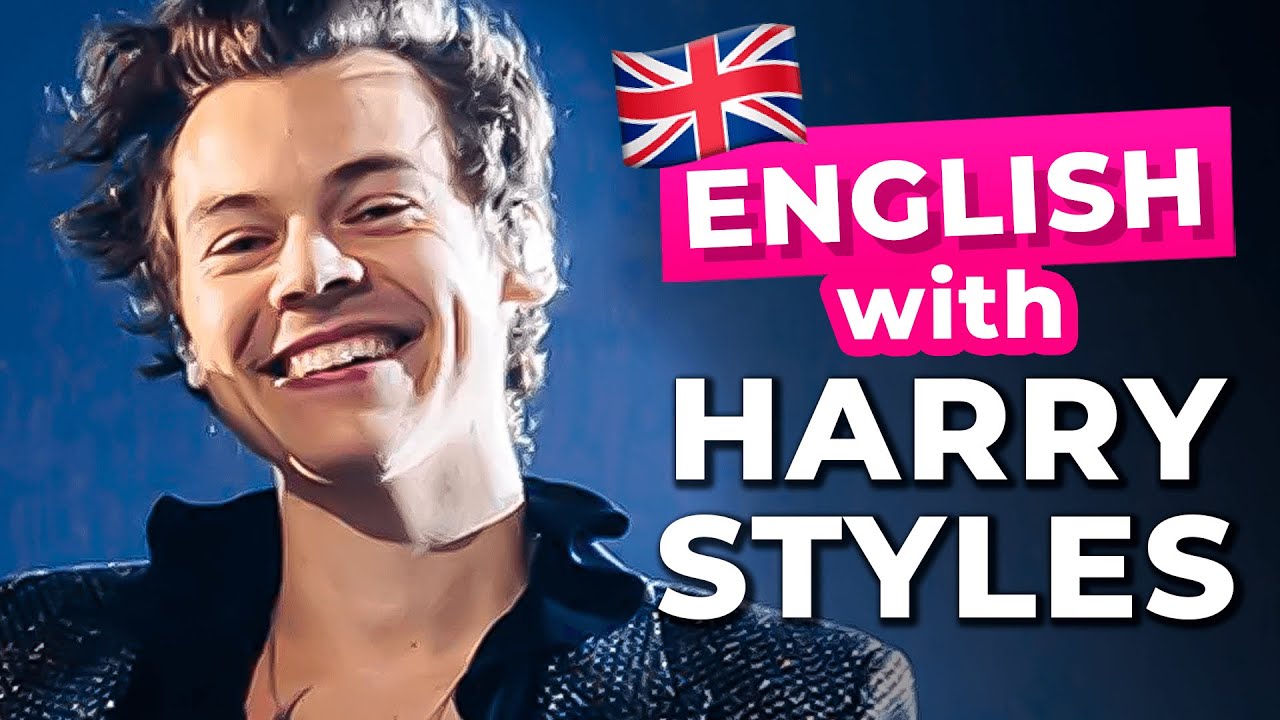How to Improve Your British Accent in 20 Minutes! (Standard English Accent)
Summary
TLDRIn this informative video, Laura introduces viewers to the nuances of the Standard English Received Pronunciation (RP) accent, highlighting common pronunciation pitfalls such as the glottal T and providing tips to correct them. She emphasizes the importance of imitation and exposure to British media for mastering the accent, suggesting tools like NordVPN for accessing content. Laura also covers specific sounds that are challenging for learners, such as 'oh', 'thinking', 'schwa', TH, and 'ah', and offers techniques for practicing these sounds effectively. Additionally, she touches on the rhythm and intonation of speech, the importance of diction, and the value of mouth movement in clear articulation, encouraging viewers to practice diligently to achieve a native-like accent.
Takeaways
- 🎤 Subscribe to Smashing English for more videos on accents.
- 🗣️ Laura teaches a standard English accent with hints of the West Midlands.
- 📚 Received Pronunciation (RP) is a clear and precise way of speaking.
- ❌ Avoid the glottal stop in inappropriate places, such as 'be' ter' or 'wa' ter.'
- 📼 Imitation of native speakers is a key technique for mastering accents.
- 🌐 Use NordVPN to access British content for accent practice.
- 🎵 Practice specific sounds: 'oh,' 'uh,' the schwa, and TH sounds.
- 📖 Follow the figure-of-eight pattern for natural intonation and rhythm.
- 👄 Ensure clear diction by moving the mouth and practicing tongue twisters.
- 🤓 Practice makes perfect, and flexibility in mouth movements is crucial.
Q & A
What is the accent Laura uses in the video?
-Laura uses a standard English accent with some hints of the West Midlands, which is essentially Received Pronunciation (RP).
Why is it important to pronounce T's clearly in Received Pronunciation?
-Pronouncing T's clearly helps to make speech sound much clearer and more understandable to anyone listening.
What is a glottal stop and how is it misused by English learners?
-A glottal stop is a pronunciation technique where the air is stopped in the throat instead of with the teeth. English learners often misuse it by placing glottal stops where they're not needed or by combining them with T's, which is incorrect.
What is the advice for using glottal stops in Received Pronunciation?
-Glottal stops should only be used in the correct places, typically replacing T's, and should not be overused.
How can one access British content that might be blocked in their country?
-One can use a VPN service like NordVPN to virtually change their location and access content that was previously blocked.
What is the significance of the 'oh' sound in Received Pronunciation and how should it be pronounced?
-The 'oh' sound is a diphthong that transitions from an open 'uh' sound to an 'oo' sound. It should not be pronounced too tightly or as 'ee'.
Why is the 'thinking' sound difficult for many people and how should it be pronounced?
-The 'thinking' sound is difficult because it often involves an R sound that is not pronounced in Received Pronunciation. It should be pronounced with a dropped jaw and without tightening the lips.
What is a schwa and why is it important in Received Pronunciation?
-A schwa is a neutral vowel sound represented by 'uh'. It is important because it is the most common vowel sound in Received Pronunciation and should be pronounced clearly and confidently.
How should the TH sound be practiced to improve Received Pronunciation?
-The TH sound should be practiced by speaking in 'TH-speak', making the TH sounds 3 seconds long, and gradually reducing the duration until the correct pronunciation is achieved.
What is the correct way to pronounce the word 'what' in Received Pronunciation?
-In Received Pronunciation, 'what' should be pronounced with an 'ah' sound, not as 'wat'.
How does the intonation pattern in Received Pronunciation contribute to a more natural accent?
-The intonation pattern in Received Pronunciation follows a figure-eight shape, with a natural rise and fall of the voice, which contributes to a more natural and flowing speech pattern.
Why is diction important for mastering Received Pronunciation and how can it be improved?
-Diction is important because it ensures that the sounds are clear and understandable. It can be improved by practicing tongue twisters and other diction exercises that require exaggerated mouth movements.
Outlines

Cette section est réservée aux utilisateurs payants. Améliorez votre compte pour accéder à cette section.
Améliorer maintenantMindmap

Cette section est réservée aux utilisateurs payants. Améliorez votre compte pour accéder à cette section.
Améliorer maintenantKeywords

Cette section est réservée aux utilisateurs payants. Améliorez votre compte pour accéder à cette section.
Améliorer maintenantHighlights

Cette section est réservée aux utilisateurs payants. Améliorez votre compte pour accéder à cette section.
Améliorer maintenantTranscripts

Cette section est réservée aux utilisateurs payants. Améliorez votre compte pour accéder à cette section.
Améliorer maintenantVoir Plus de Vidéos Connexes

PERFECT YOUR RP ACCENT | Southern ENGLISH Accent Coach

Say These 100 DAILY WORDS in a British Accent! (MODERN RP)

How To Speak English Like Harry Styles

Basic Phonetics : Vowel Sounds

How to Learn a British Accent *Fast* - (Modern RP - ALL Vowels & Consonants!)

How to Learn a British Accent *Fast* (Modern RP)
5.0 / 5 (0 votes)
